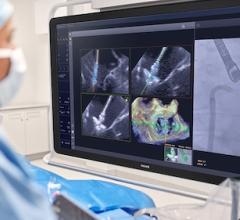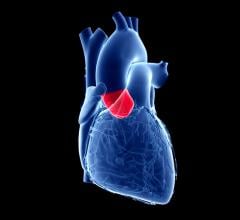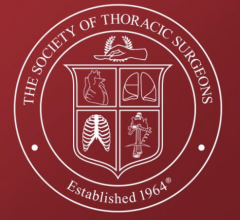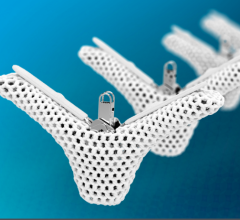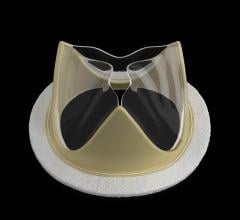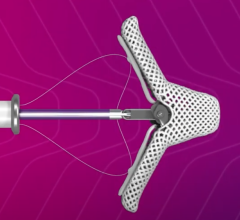Jan. 25, 2010 — The first commercial implants of the ATS 3f Enable Aortic Bioprosthesis were recently performed at the University of Berne Hospital, Berne, Switzerland by Lars Englberger, M.D., Mario Stalder, M.D., and professor Thierry Carrel. The procedures were completed using a sutureless technique and the patients are recovering with no complications.
The ATS 3f Enable valve is the first approved for commercial use that is implanted using a sutureless technique. The Enable valve combines the ATS 3f Aortic Bioprosthesis with more than eight years of proven clinical performance and a self-expanding Nitinol frame to hold the valve in its optimal position eliminating the need for conventional sutures. This design allows the Enable valve to be folded into a small diameter and placed through a minimally invasive incision. The Enable valve preserves native stress distribution and provides a large orifice area with laminar flow for excellent hemodynamics.
Professor Thierry Carrel, chief of cardiac surgery at the University of Berne said, "The implants went smoothly. There were no paravalvular leaks and the valves provide excellent hemodynamic performance with low single digit gradients. The Enable valve will help us expand our number of minimally invasive procedures."
"The Enable valve proves to be a true competitor for TAVI (Transcatheter Aortic Valve Implantation) because the diseased valve is removed, we can directly visualize the placement of the new valve thereby obtaining clinical outcomes similar to conventional procedures," he added. "TAVI can be considered palliative whereas Enable is restorative."
The company is continuing to develop sutureless tissue valve technology for use in beating heart procedures based in part on the characteristics of the next generation of Enable valves. First in human studies of these novel technologies are targeted for 2010.
Commercialization of a beating heart solution could occur within one to two years thereafter. An Enable valve that is compatible in beating heart procedures would enlarge the company's market opportunity by providing a solution for those patients who are poor candidates to endure conventional surgery or prefer a more minimally invasive solution.
For more information: www.atsmedical.com

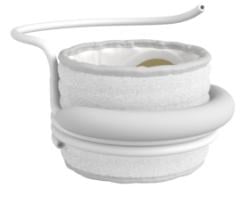
 December 24, 2025
December 24, 2025 
